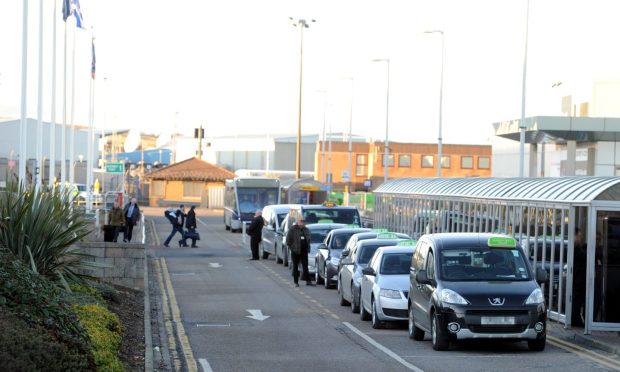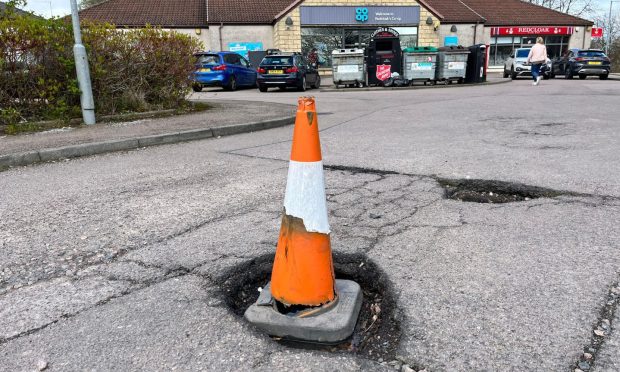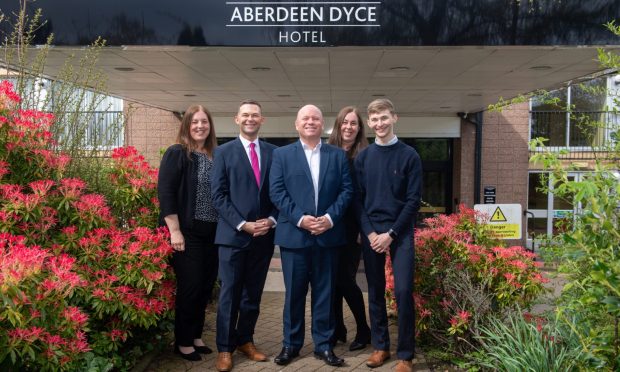Shelter Scotland has launched a petition urging potential Aberdeen Council leaders to prioritise social housing.
According to the housing and homelessness charity, social homes are “urgently” required in Aberdeen to address the housing emergency.
The organisation has been campaigning for more social homes to be built across Scotland and has prioritised the country’s four largest cities as areas where they are most needed.
They are now trying to persuade all parties to prioritise social housing in Aberdeen ahead of the council elections in May.
The online petition was launched as part of their campaign to show where new homes are needed and to give local communities a chance to have their “voices heard”.
Almost 600 people have already backed the petition.
Temporary homes ‘incredibly disruptive’
A damning report by Shelter Scotland revealed that households with children spend an average of 103 days in temporary accommodation.
Debbie King, head of advocacy at Shelter Scotland, explained that living in temporary accommodation for long periods of time can have an impact on people’s health and wellbeing.
She said: “Without a home that is affordable, decent, and in the right place, peoples’ chances of thriving are very limited.
“We view temporary accommodation as essential, it has to be there, it should be good quality and it should be affordable.
“In Aberdeen on average children in temporary accommodation are in there for 103 days. Quite often the temporary accommodation is not close to their schools or where they used to live. There are implications for travel, and costs associated with travel for the families, you’re often far away from your social or support networks, or childminding.
“It’s really quite often incredibly disruptive, and quite often not great quality. Not in all cases, but we know in some cities there are some problems with where people may be placed.”
The charity’s analysis of local housing plans shows that a minimum of 853 new homes will need to be built in Aberdeen over the next five years to meet demand.
At a budget meeting last month, the administration confirmed more than 2,000 council homes have been built – or are currently under construction – since 2017.
Work was started on Aberdeen’s fourth new housing development as part of the plans to tackle the city’s housing shortage in February.
‘Housing emergency can affect anyone’
Shelter Scotland carried out a survey that found nearly half of Scots have struggled to pay their housing cost.
The survey also revealed that 49% of those in full-time work had struggled at some point, with 27% saying they were struggling with housing costs now.
The charity fears the cost of living crisis will expose more people to the risk of homelessness, arguing that more social housing will help alleviate the pressures.
Charity director Alison Watson said the survey results expose the scale of the problem and highlight the “housing emergency can affect anyone”.
She said: “The fact that around one in four people in full-time employment are currently struggling with the cost of living also shows that the housing emergency can affect anyone, and this will only be exacerbated as incomes continue to be squeezed.
“This is why Shelter Scotland is imploring our cities’ leaders to commit to urgently building the social homes we so desperately need. Thousands of children across Scotland are currently stuck in temporary accommodation, denied the stability that a permanent home provides, and there’s a real risk that the situation could deteriorate even further.
“The only way to stop the housing emergency is to build more social homes. The Scottish Government has promised the cash to build them, but we need to keep fighting to make sure those promises are fulfilled, and the homes are actually built.”











